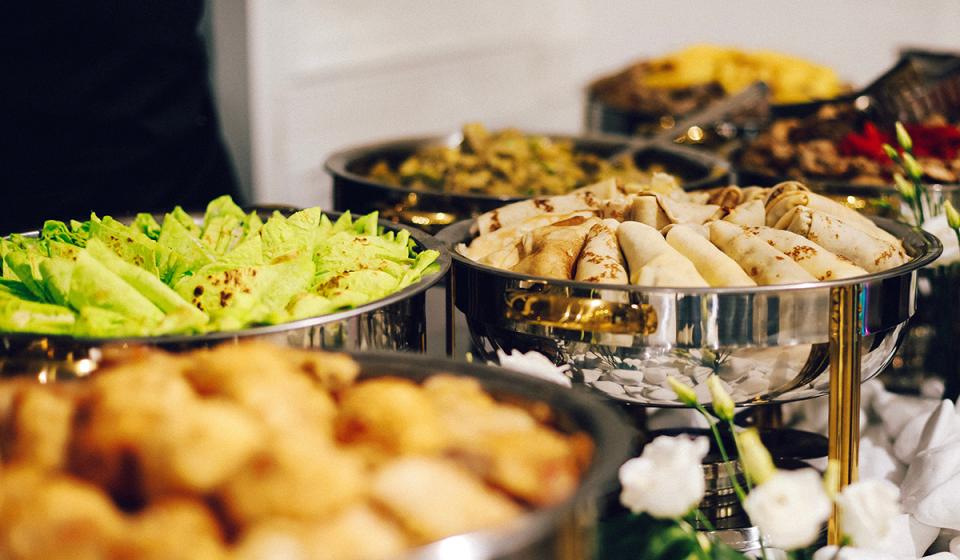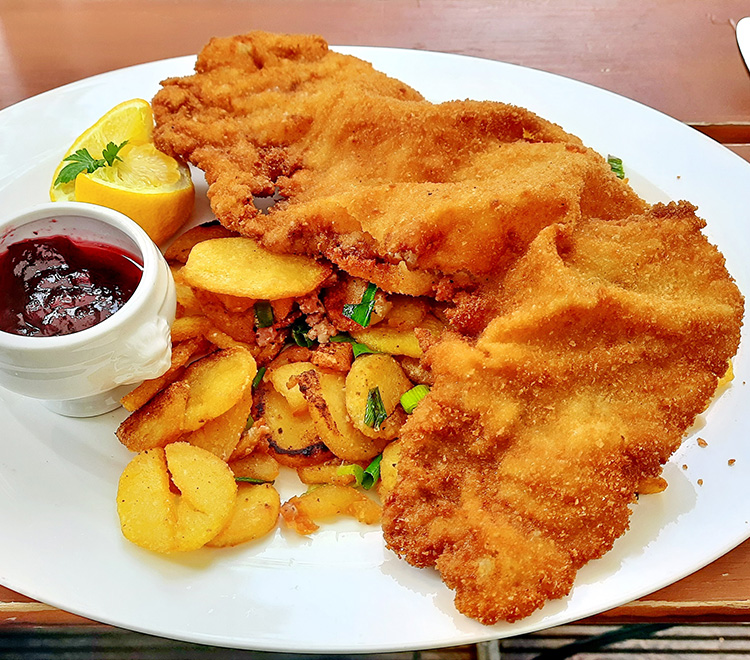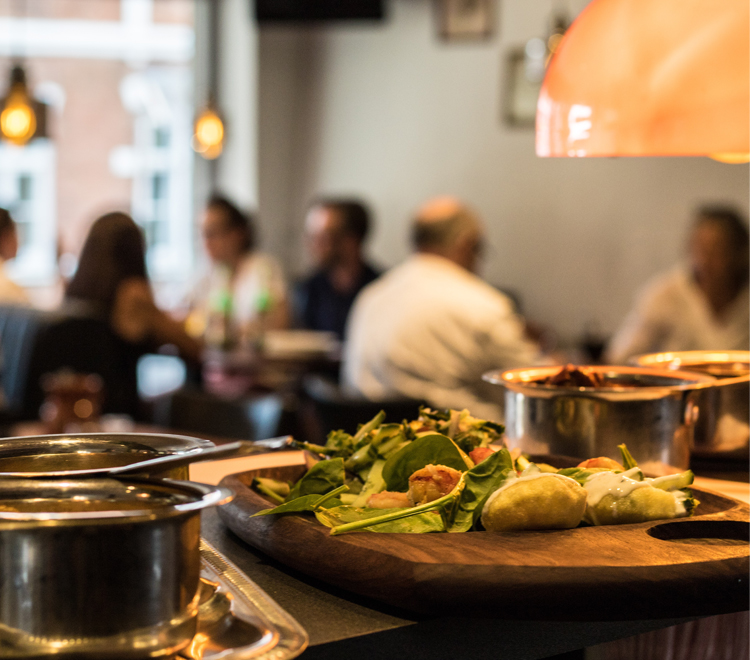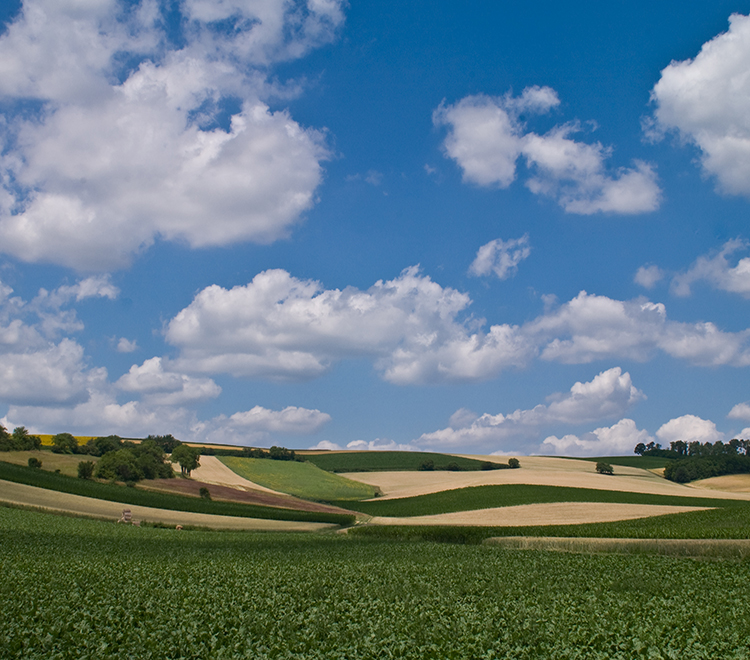Our project aims to create healthier, more sustainable school lunches by actively involving all those who shape and experience the school’s food environment. Our efforts focus on improving the quality, and nutritional value, and reducing the environmental impact of the meals consumed by students each day. We believe that if students, parents, school staff, and other stakeholders come together to share ideas, concerns, and aspirations, we can design a lunch system that meets everyone’s needs and aligns with current health and sustainability goals.
To achieve this, we are conducting a series of surveys, interviews, workshops, and discussions, inviting participants to contribute their perspectives on meal variety, taste, affordability, dietary preferences, and waste reduction strategies. We will incorporate feedback from all parties, combining local culinary traditions and preferences of the students with modern nutritional insights, and collaborating closely with suppliers. By understanding what works well today and identifying areas for improvement, we hope to establish best practices and inspire broader changes within the school and beyond.
Through this inclusive approach, we aim to contribute to healthier eating habits, create benefits for the entire school community and collect experiences and knowledge for further interventions.
Who we would like to support
Our Living Lab brings together a diverse set of target groups, each playing a vital role in shaping the future of school lunches at the Korneuburg campus. At the center of this ecosystem are the students, who directly experience the meals and whose health, satisfaction, and preferences guide our approach. Students contribute invaluable insights as primary consumers, helping us to understand the taste, variety, and nutritional balance that best meet their needs.
Parents and guardians represent another key group, bringing their knowledge of children’s eating habits, dietary restrictions, and diverse cultural traditions. They offer perspectives on meal quality, affordability, and convenience, ensuring that school lunches align not only with nutritional standards but also family values.
School staff, including teachers, kitchen personnel, and administrative workers, facilty managers and school doctors, facilitate the daily operations and logistics of meal provision. They ensure that lunches meet health and safety guidelines, support educational goals, and fit seamlessly into the school’s routine.
Beyond the immediate school community, local suppliers, farmers, and food producers play a crucial role by providing fresh, sustainable ingredients and shaping the regional food landscape. Together, these target groups form a living laboratory, enabling active dialogue, co-creation, and ongoing improvement toward healthier, more sustainable school lunches.
What’s coming next
Having completed the surveys with students and parents, the next steps involve carefully examining their responses to identify patterns, priorities, and areas of concern. We will analyze the data to understand current satisfaction levels, food preferences, and any specific issues related to the school lunches. Once we have drawn initial conclusions from the survey findings, we will share these insights with the schools, ensuring that administrators, teachers, and kitchen staff get the opportunity to provide their perspectives.
Next, we will identify additional stakeholders who might influence or support improvements—this could include local food suppliers, municipal authorities, nutrition experts, or community organizations. We plan to conduct in-depth interviews and organize workshops or focus groups to discuss challenges, brainstorm solutions, and identify strategies for implementing positive changes.
By involving a wider range of voices, we aim to ensure that any adjustments to the school lunch system are grounded in both practical realities and the needs of those who rely on it. Throughout this process, ongoing communication and transparency will help build trust, promote collaboration, and ultimately lead to healthier, more sustainable school lunch options that benefit everyone involved.
Local Food Challenges
One of the primary local challenges at the campus in Korneuburg is ensuring that school lunches simultaneously meet health, sustainability, and taste expectations. While the goal is to provide balanced, nutritious meals, it is essential that these options are appealing enough so that students truly enjoy eating them. Understanding what influences their choices—such as taste preferences, dietary restrictions, cultural backgrounds, and meal variety—is a crucial step.
Affordability and price satisfaction are also key considerations. Ensuring that high-quality, sustainable ingredients remain accessible within a reasonable cost framework can be a challenge. Additionally, gathering feedback from parents is important, as their insights help gauge satisfaction levels and highlight where improvements are needed. Parents often have a clear understanding of their children’s eating habits and can shed light on how well the lunches meet their expectations.
Another significant challenge is the issue of food waste. Learning why certain meals remain uneaten or partially consumed can guide efforts to reduce waste and improve efficiency. By better understanding when and why waste occurs—whether due to portion sizes, menu planning, or distribution logistics—stakeholders can implement targeted changes.
All these challenges are interconnected, calling for open dialogue, data collection, and collaborative solutions to make school lunches healthier, more sustainable, and more enjoyable for everyone involved.
Living Lab Activities
We are conducting a series of community-based research activities to gather input from everyone involved in the school lunches at the campus in Korneuburg. These actions include inviting parents, students, and other stakeholders to participate in online surveys, focus group discussions, workshops, or interviews. Through these formats, we collect valuable information about current eating habits, how and where students obtain their midday meals, levels of satisfaction with the variety, taste, and price of the food, as well as concerns related to waste and other factors.
By engaging the local community directly, we ensure that their experiences, opinions, and suggestions guide our understanding of the situation and influence any future improvements. In the case of parents, for example, we will learn more about what their children eat and how satisfied they are with those meals. With this, we strive to create an open dialogue, encouraging all participants to share their ideas, voice their concerns, and help to jointly shape the path towards healthier and more sustainable school lunch offerings.
Get to know the region
The region Weinviertel-Donauraum is located in the district of Korneuburg, just outside the city of Vienna. It encompasses 18 municipalities and is home to approximately 88,000 inhabitants, with 20 % of the population being under 19 years old. The southern part of the region is economically prosperous and easily accessible by both public transportation and private vehicles. In contrast, the northern part of the region is predominantly rural and agriculturally focused.
The city of Korneuburg is a historic town located in Lower Austria, approximately 12 kilometers northwest of Vienna. Situated on the left bank of the Danube River, it covers an area of 9.71 square kilometers and, as of 2023, has a population of approximately 13,697 residents.
Ökosoziales Forum Österreich & Europa
Michaela Hickersberger
hickersberger@oekosozial.at
Martin Hosner
hosner@oekosozial.at



